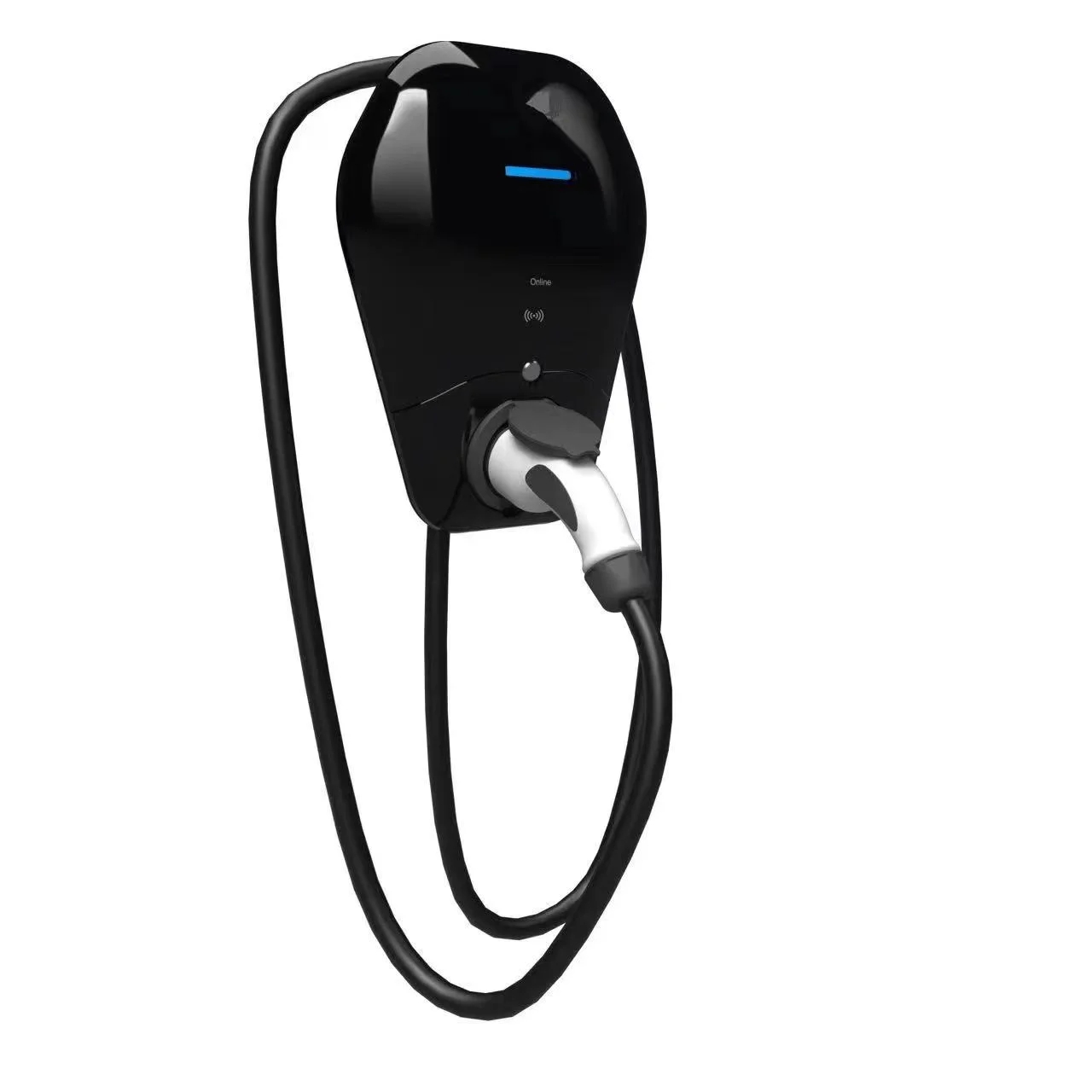Maintaining a clean and hygienic kitchen is essential for the health and well-being of your household. While regular cleaning practices are crucial, the use of appropriate chemicals can significantly enhance the effectiveness of your cleaning routine. In this blog post, we will delve into the world of kitchen cleaning chemicals, exploring their properties, applications, and the best options available for achieving a spotless and germ-free kitchen.
- Understanding the Importance of Kitchen Cleaning Chemicals:
A clean kitchen not only ensures a pleasant cooking environment but also eliminates harmful bacteria, viruses, and other contaminants that can cause foodborne illnesses. Kitchen cleaning chemicals play a vital role in breaking down grease, removing stains, disinfecting surfaces, and maintaining overall cleanliness. - The Key Chemicals for Kitchen Cleaning:
2.1. Sodium Hypochlorite:
Sodium hypochlorite, commonly known as bleach, is a powerful disinfectant and stain remover. It effectively kills a wide range of bacteria, viruses, and fungi, making it ideal for sanitizing kitchen countertops, cutting boards, and utensils. However, caution must be exercised while using bleach, as it can damage certain surfaces and emit strong fumes.
2.2. Hydrogen Peroxide:
Hydrogen peroxide is a versatile and eco-friendly cleaning agent that effectively removes stains, kills germs, and eliminates odors. It is particularly useful for cleaning kitchen appliances, such as ovens and refrigerators. Additionally, hydrogen peroxide can be mixed with water to create a safe and effective all-purpose cleaner.
2.3. Citric Acid:
Derived from citrus fruits, citric acid is a natural cleaning agent that effectively removes hard water stains, mineral deposits, and rust from kitchen fixtures and surfaces. It is non-toxic and environmentally friendly, making it an excellent alternative to harsh chemical cleaners.
2.4. Enzyme Cleaners:
Enzyme cleaners are bio-based cleaning agents that utilize enzymes to break down organic matter, such as grease, food residues, and stains. They are safe to use on various kitchen surfaces, including countertops, floors, and appliances. Enzyme cleaners are particularly beneficial for eliminating foul odors and maintaining a fresh-smelling kitchen.
- Choosing the Right Chemical for Your Kitchen:
When selecting a cleaning chemical for your kitchen, consider the following factors:
- Surface compatibility: Ensure that the chemical is suitable for the specific surfaces you intend to clean.
- Effectiveness: Look for chemicals that effectively remove stains, kill germs, and provide long-lasting cleanliness.
- Safety: Prioritize chemicals that are non-toxic, environmentally friendly, and safe for use around food preparation areas.
- Ease of use: Opt for chemicals that are easy to apply and require minimal effort for effective cleaning.
Conclusion:
Maintaining a clean and sanitized kitchen is essential for a healthy living environment. By understanding the properties and applications of various kitchen cleaning chemicals, you can make informed decisions to achieve optimal cleanliness. Whether you choose sodium hypochlorite, hydrogen peroxide, citric acid, or enzyme cleaners, always prioritize safety, effectiveness, and surface compatibility. Remember, a clean kitchen is a happy kitchen!





